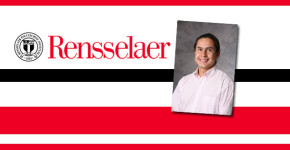Category: Technology
-
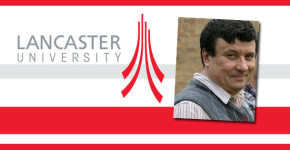
Oleg Kolosov, University of Lancaster – New Medical Imaging Technique
Dr. Oleg Kolosov, a physicist at Lancaster University, is developing new nano-science techniques hoping to advance and improve upon the detection of Alzheimer’s disease. Dr. Oleg Kolosov is a Reader of Condensed Matter Physics at Lancaster University, UK, where he works with Professor David Allsop (Biomedical and Life Sciences Division) imaging the smallest components of…
-
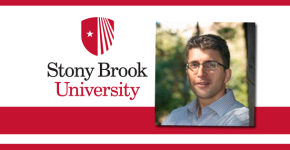
Arnout van de Rijt – Stony Brook University – Success Breeds Success
“The researchers from Stony Brook University conducted a few unusual experiments that showed that people who had success in the beginning of their endeavors tended to do better than people who did not start off with a stroke of luck (or genius).” – Time Magazine. Dr. Arnout van de Rijt, an associate professor in Stony…
-
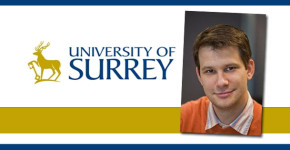
Radu Sporea – University of Surrey – Solar Efficiency
Harnessing the full potential of solar power might indeed solve the world’s ongoing energy crisis. Of course, this is much easier said than done. Radu Sporea, an engineer at The University of Surrey, discusses the potential obstacles. Dr. Radu Sporea is Royal Academy of Engineering Academic Research Fellow in the Advanced Technology Institute at the University of Surrey. His…
-
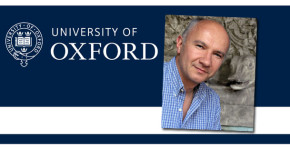
Artur Ekert, University of Oxford – Crytographic Key Security
Every day, there are new reports of identity theft and other security breaches. Artur Ekert, Professor of Quantum Physics at the Mathematical Institute at the University of Oxford, is studying cryptography and improving security systems. Artur Ekert is Director of the Centre for Quantum Technologies and Lee Kong Chian Centennial Professor at the National University…
-
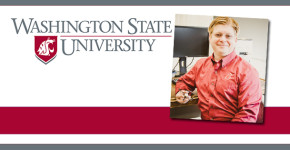
Matt Taylor, Washington State University – Knowledge Transfer
Computers are very useful in the classroom, but in the near future, they might be conducting the class! Matt Taylor, assistant professor in the School of Electrical Engineering and Computer Science at Washington State University, is teaching computers how to teach. Matthew E. Taylor is Washington State University’s Allred Distinguished Professor in Artificial Intelligence and…
-
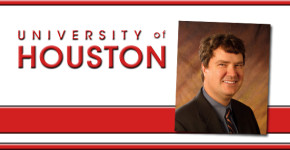
Richard Willson, University of Houston – Smartphone Medical Apps
You may have a highly advanced medical detection device in your pocket right now! Along with colleague Jiming Bao, Richard Willson is working to turn smartphones into precision detectors of viruses and disease. Richard Willson is the Huffington-Woestemeyer professor of chemical and biomolecular engineering and a professor of biochemical and biophysical sciences at the University…
-
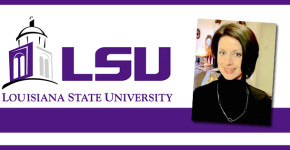
Megan Papesh, Louisiana State University – Flaws of Facial Recognition Technology
Facial recognition technology is still in its infancy. Dr. Megan Papesh, assistant professor of psychology at Louisiana State University, is demonstrating weakness in a system many people may assume is completely secure. Dr. Megan Papesh is an Assistant Professor of Psychology at LSU, and the director of the Eye Movements, Memory and Attention Laboratory. Her…
-
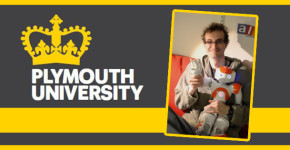
Robin Read, Plymouth University – Robotic Communication
In the world of science fiction, humans and robots converse freely. Robin Read, research fellow at Plymouth University in the UK, is studying the nature by which robots communicate. Dr. Robin Read is a Research Fellow in the Centre for Robotics and Neural Systems at Plymouth University, UK, where he works on the FP7 ALIZ-E Project.…
-

Radu Sporea, University of Surrey – Sci-Fi Technology
The amazing technology we see in science-fiction is fast becoming reality. Radu Sporea, academic research fellow at the University of Surrey, is helping to bring some of these future-thinking inventions to life. Dr Radu Sporea is Royal Academy of Engineering Academic Research Fellowin the Advanced Technology Institute at the University of Surrey. His current research focuses on power-efficient, cost-effective…

